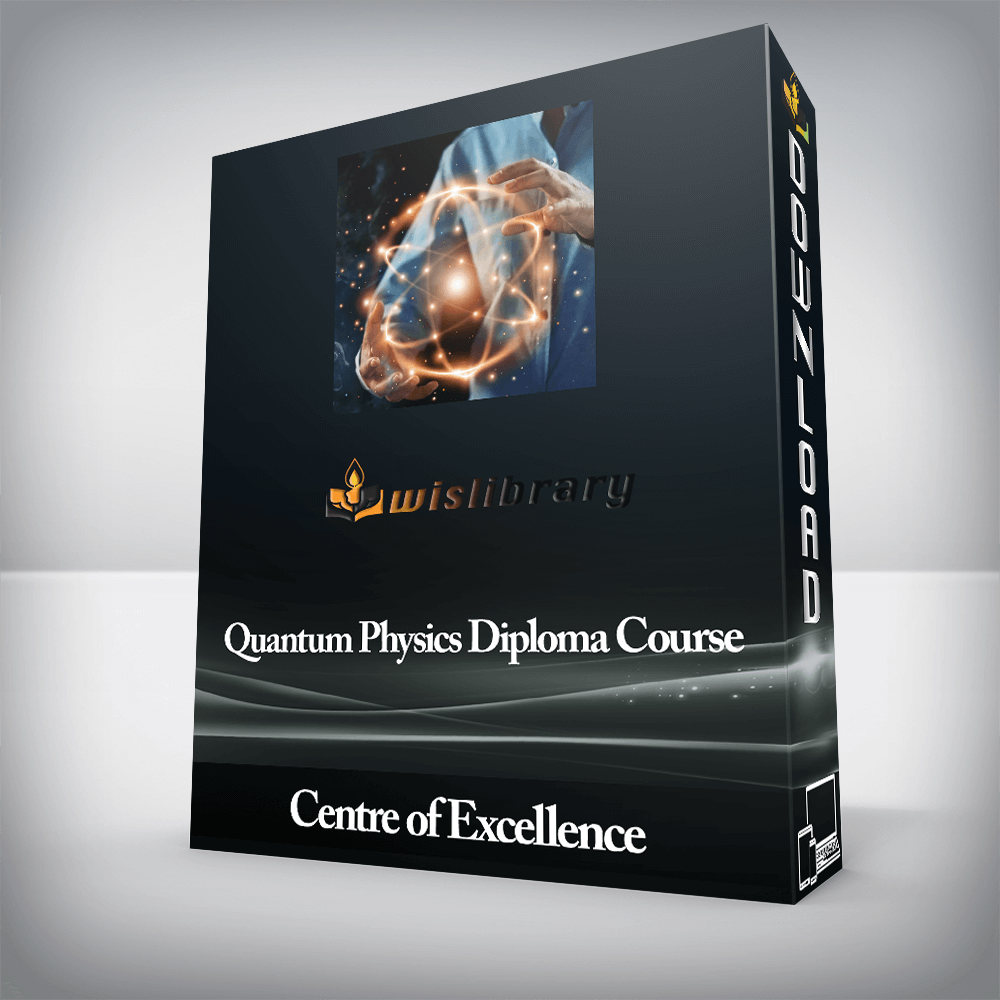

Quantum physics is at the leading edge of what we know about matter and the universe; it attempts to explain how the universe operates, with theories about multiple universes and how reality itself functions, and it’s becoming an increasingly integral part of modern technology.
The Quantum Physics Diploma Course explains the fundamental principles of quantum physics, quantum entanglement, the theories of special relativity, quantum fields and quantum gravity, the concepts of multiple dimensions and the multiverse, and the possible future of quantum physics.
Following an introduction that considers why it’s important and how the field developed, we’ll learn the fundamental principles of quantum physics. We’ll cover quantised measurement and the observations that lead to the prediction of quantised units, how our understanding of the atom evolved, and how the first subatomic particles were discovered.
We’ll learn about quantum entanglement; the phenomenon which Einstein is famously quoted to have called “spooky action at a distance” and consider the mysterious ways in which time itself behaves, with a look at the theory of special relativity and quantum clocks.
We’ll explore major quantum field theories and several interpretations of quantum mechanics, quantum gravity theories and the search for the elusive graviton particle, and the concepts of multiple dimensions and the multiverse.
The course concludes with a look at the future of quantum physics and what may (or may not) become possible.
By studying this course, you will:
What will I learn on the course?
An introduction to the subject, there is no prerequisite knowledge required to study the Quantum Physics Diploma Course. Making it accessible whether you have no experience or have studied physics and wish to learn more about this subject area.
Students who complete the course successfully could go on to study maths to gain a deeper understanding of quantum physics, study specific areas of quantum physics, such as entanglement or quantum electrodynamics, or study a related field such as particle physics, nuclear physics, or materials engineering.
There are no reviews yet.
You must be <a href="https://wislibrary.net/my-account/">logged in</a> to post a review.